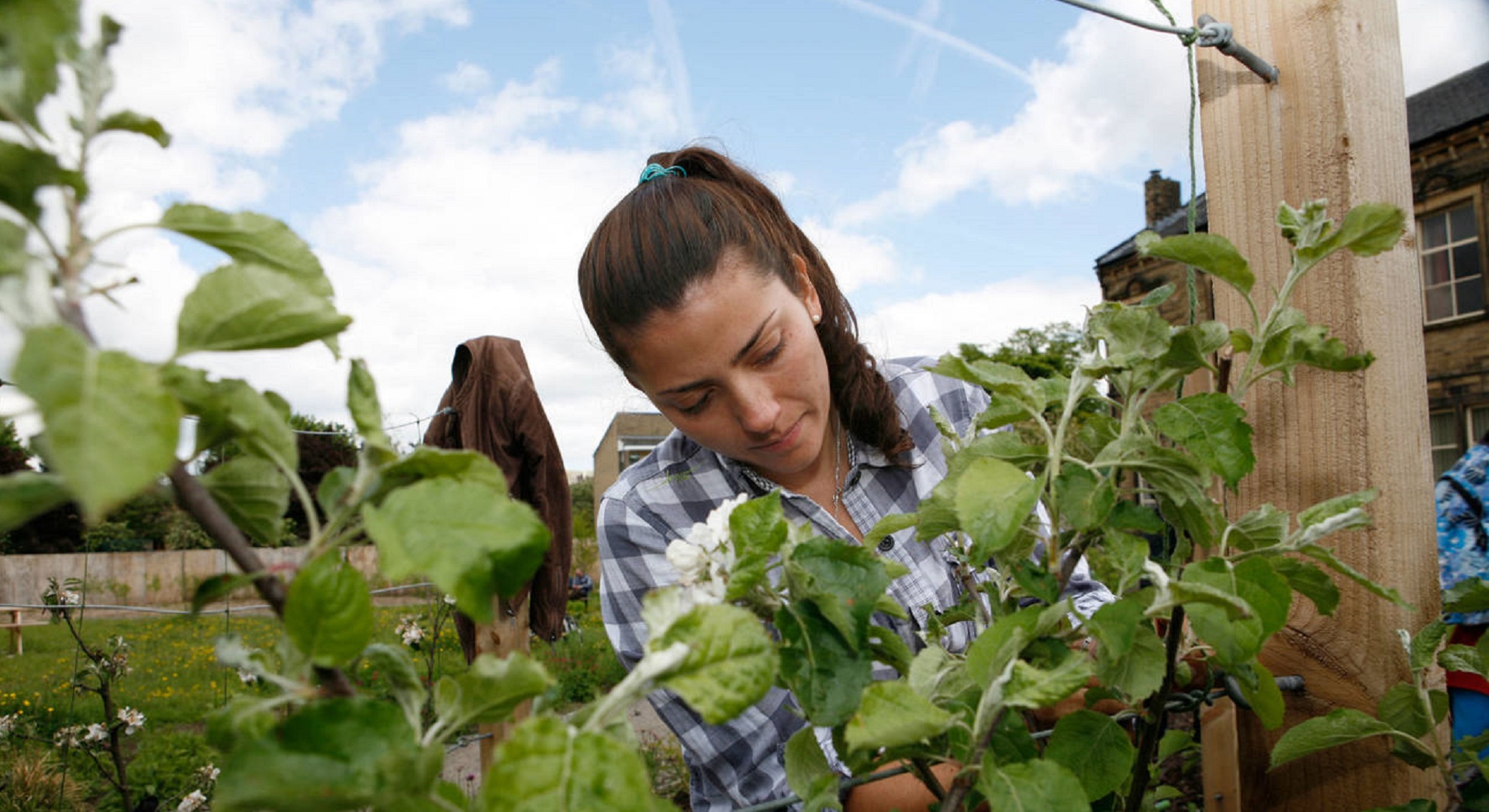The NHS has been fighting for our lives for the last few weeks and months. Throwing all its resources at the pandemic. Millions of health and care workers have been magnificent, rising to the occasion with bravery and skill. They have demonstrated, among other things, that we must support and resource them better for the future.
Government has also had a crucial role to play: providing leadership and direction, introducing emergency legislation, and supporting the NHS and the economy. There will be many lessons to learn from this experience about preparedness and the role of government in future health emergencies.
And it’s been up to us, the general public, how far and how fast the virus spreads. Our behaviour has mattered – and still does. Millions have volunteered to help, kept community and voluntary activity going, or simply looked after our neighbours. Millions more have kept the vital non-health emergency and other services running in agriculture, retail, delivery, power, transport, finance, rubbish collection and so much more.
The NHS can’t deal by itself with many of today’s major health problems such as loneliness, stress, obesity, poverty and addictions
The NHS, government and the public have all had our part to play.
The future looks very tough. The economic situation is bleak and the NHS has to deal with a massive backlog of treatments. The legacy of the virus will be with us for years to come. And we can anticipate further waves and many more local if not national lockdowns.
The pandemic has shone a light on some of the hidden truths about our society. The migrant workers who do so many of the lowest-paid and insecure jobs, the millions on zero-hour contracts with no support, the homeless, the poverty and inequality, and the way different ethnic groups have been affected. We may all have been in this together but it has impacted us very differently. And, it is making us confront the uncomfortable reality that the old normal was bad for many people.









